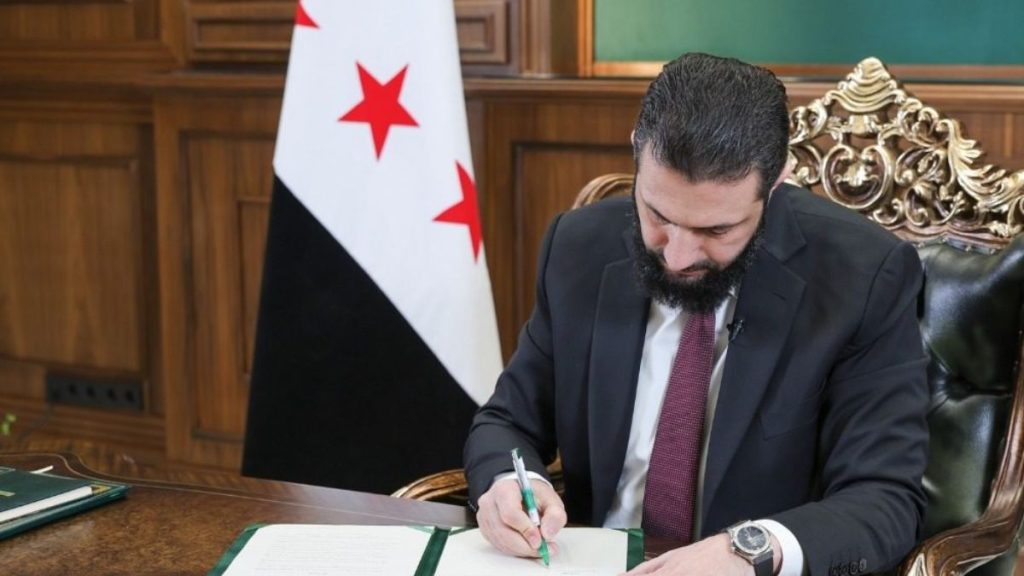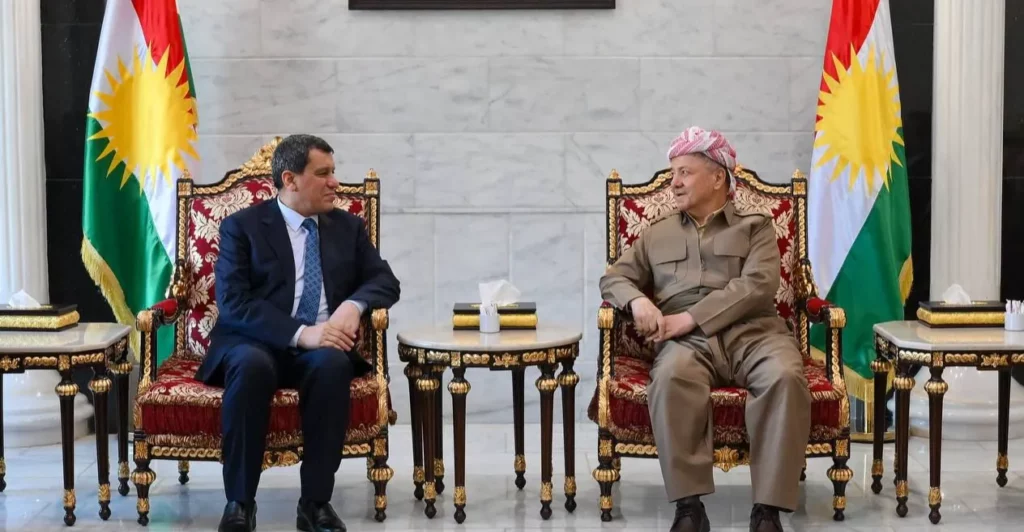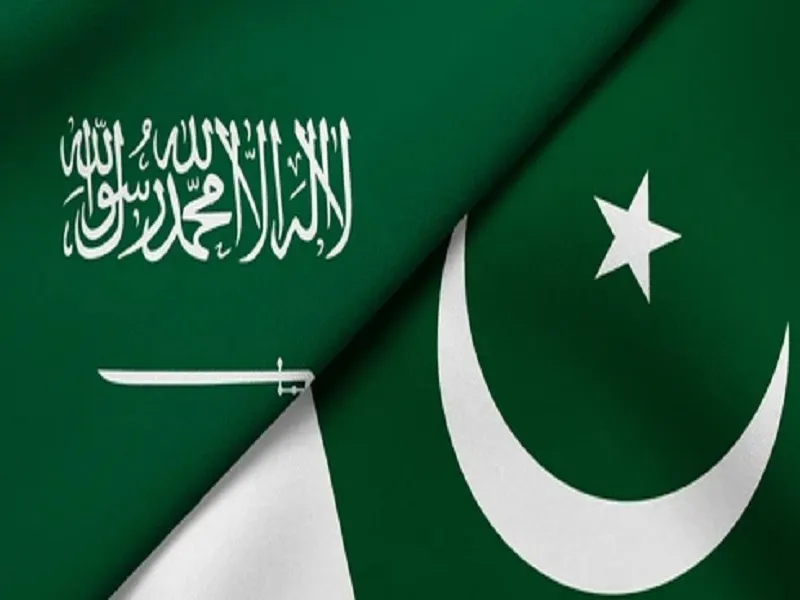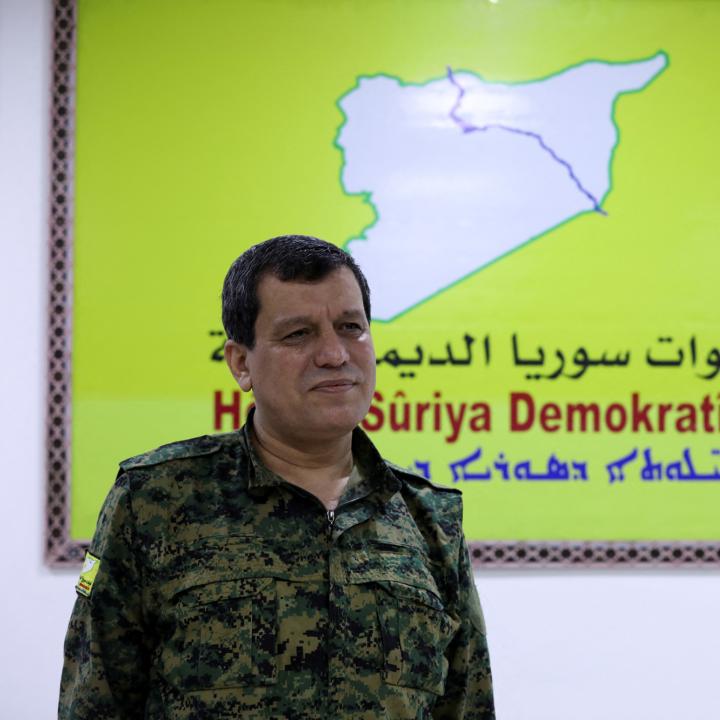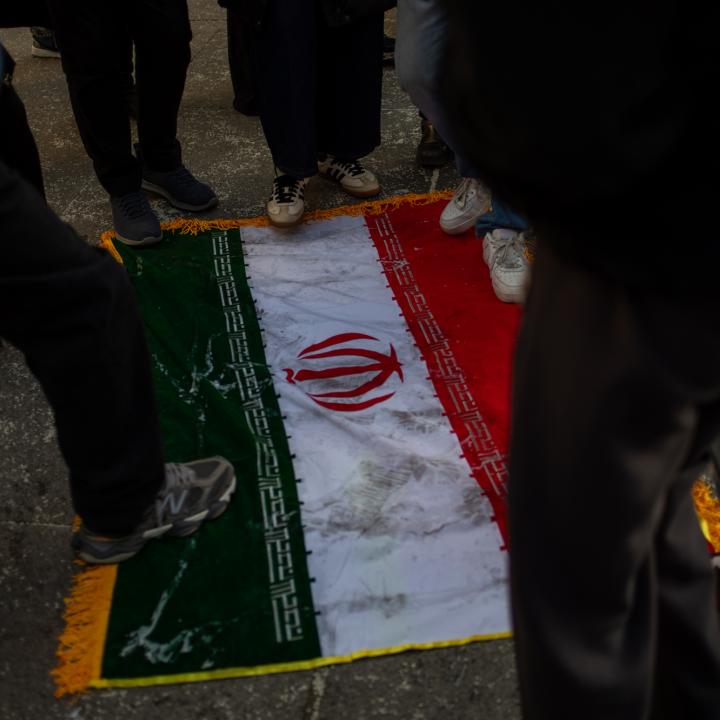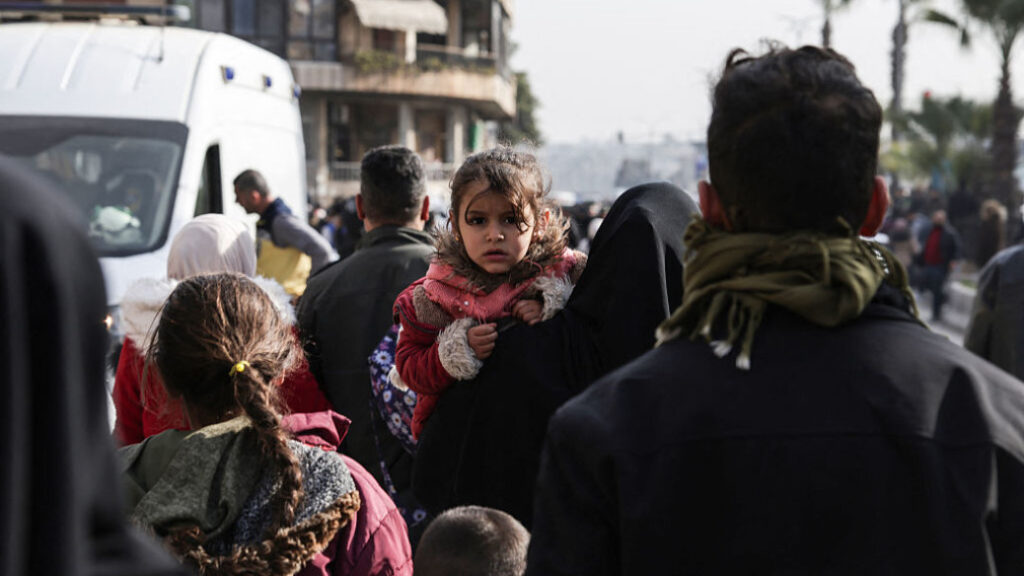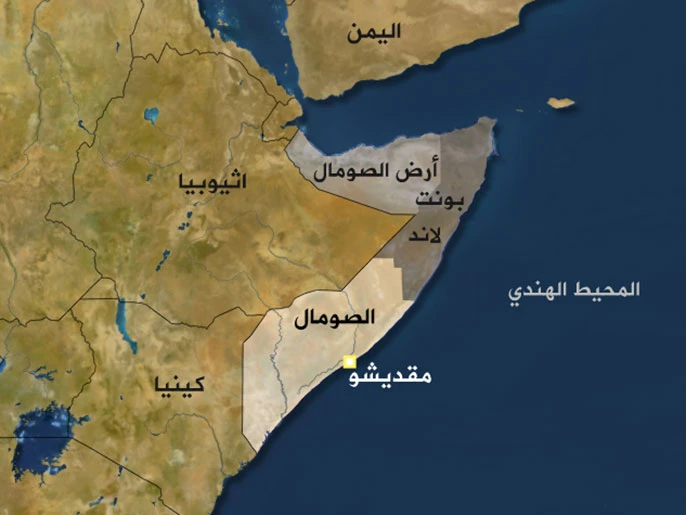Toplines
The Iranian regime is using an unprecedented level of brutality to suppress protests. The actual death toll is likely significantly higher relative to the 1,500 people killed during the 2019 protests, though CTP-ISW cannot independently determine the number of protester deaths. Western media outlets have reported death toll estimates in Iran ranging from 2,000 to 20,000, and anecdotal information is consistent with the regime killing thousands in its crackdown.[1] The regime killed approximately 1,500 people in the span of two weeks during the 2019 economic protests.[2] Regime security forces have fired on crowds indiscriminately—in some cases with machine guns—and killed scores of citizens across numerous locations.[3] Some Iranians who have bypassed the internet shutdown have reported very high volumes of dead protesters on the streets and in hospitals and morgues.[4] Some reports alleged the presence of 700-1,000 dead protesters at just one morgue in Tehran, not accounting for other locations around the capital or the country overall.[5] Other Iranians have claimed that the regime’s crackdown is much greater than the one it conducted in November 2019, during which security forces killed around 1,500 protesters.[6] This anecdotal information is most consistent with the regime killing many thousands in its crackdown.
